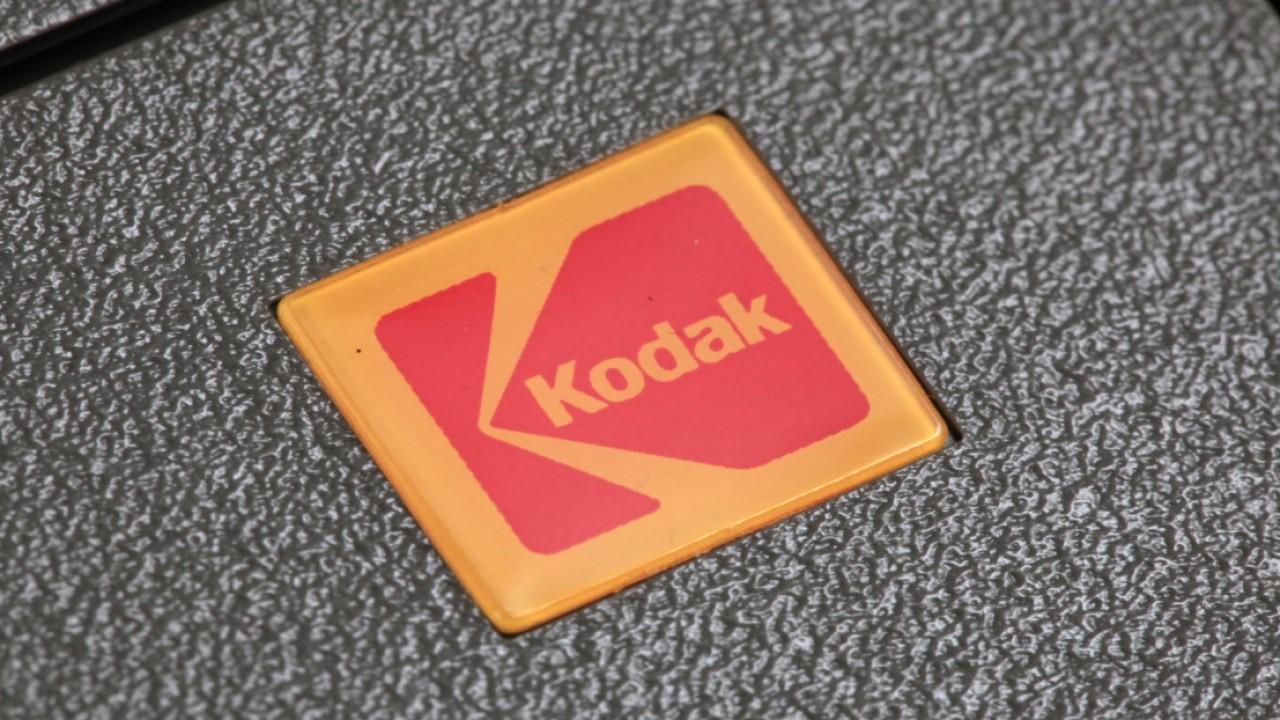Kodak says ex-executives sold stock options they didn’t own
Company says weak controls failed to prevent former staff from exercising forfeited options in July
Eastman Kodak Co. said five former executives were able to collect millions of dollars by selling stock options they didn’t own, an admission that is set to add to the scrutiny the company faces over the circumstances surrounding a halted U.S. loan.
Stocks In This Article:
Kodak Finance Chief David Bullwinkle said on an earnings call Tuesday that the company had discovered deficiencies in its controls that had failed to prevent the “unauthorized issuance” of the company’s stock.
About 300,000 previously forfeited stock options were exercised by the former executives in July, according to a securities filing. Kodak said it incurred about $5.1 million in compensation expenses related to the options in the third quarter.
KODAK STOCK SOARS AS HEDGE FUND TAKES STAKE
Shares of the one-time photography juggernaut closed at $6.68 on Tuesday. The stock surged to $60 in July amid news of the federal loan. The shares tumbled after the loan was put on hold.
Kodak has determined that controls were inadequate “with regard to the timely input and verification of master data updates for equity grants,” Mr. Bullwinkle said. This resulted in errors or misstatements in employees’ equity account balances, he said.
Kodak said it would try to recover about $3.9 million from the ex-employees for the fair value of the shares at the time of the sale and about $3 million from the withholding of taxes on behalf of the ex-employees. It didn’t identify the former employees.
Mr. Bullwinkle said the error didn’t result in any misstatements of current or prior financial results and the company expects to fix its internal controls by the end of the year. The company said it would treat the event as a modification of the original option awards for accounting purposes.
The company faces several investigations by federal agencies over its handling of a planned $765 million loan from a U.S. government agency to produce drug ingredients at its U.S. factories.
Kodak’s share-price spike briefly produced a potential windfall for company executives who owned stock-option grants, some of which were granted on July 27, the day before the loan was announced.
KODAK STOCK UP 2,189 PERCENT AFTER TRUMP BACKS PIVOT INTO DRUG INDUSTRY
Soon after the proposed deal was announced, the Securities and Exchange Commission began an investigation into how the company disclosed the loan. The federal agency that had teamed up with Kodak, the U.S. International Development Finance Corp., halted the deal and its own watchdog opened a review.
An internal company investigation found the company didn’t break any laws in disclosing the loan. Kodak’s review did raise corporate-governance questions, including over a $116 million gift of Kodak stock made by board member George Karfunkel on the same day the stock’s price peaked, to a religious charity he started.
Chief Executive Jim Continenza has repeatedly said Kodak will move forward with expanding its pharmaceutical business regardless of government assistance.
Under the initial plan with the government, Kodak was to produce ingredients for a number of generic drugs—including the antimalarial drug hydroxychloroquine that President Trump has touted in the treatment of coronavirus. Researchers have said the drug has no benefit as an early outpatient treatment.
CLICK HERE TO READ MORE ON FOX BUSINESS




















